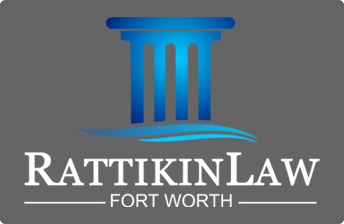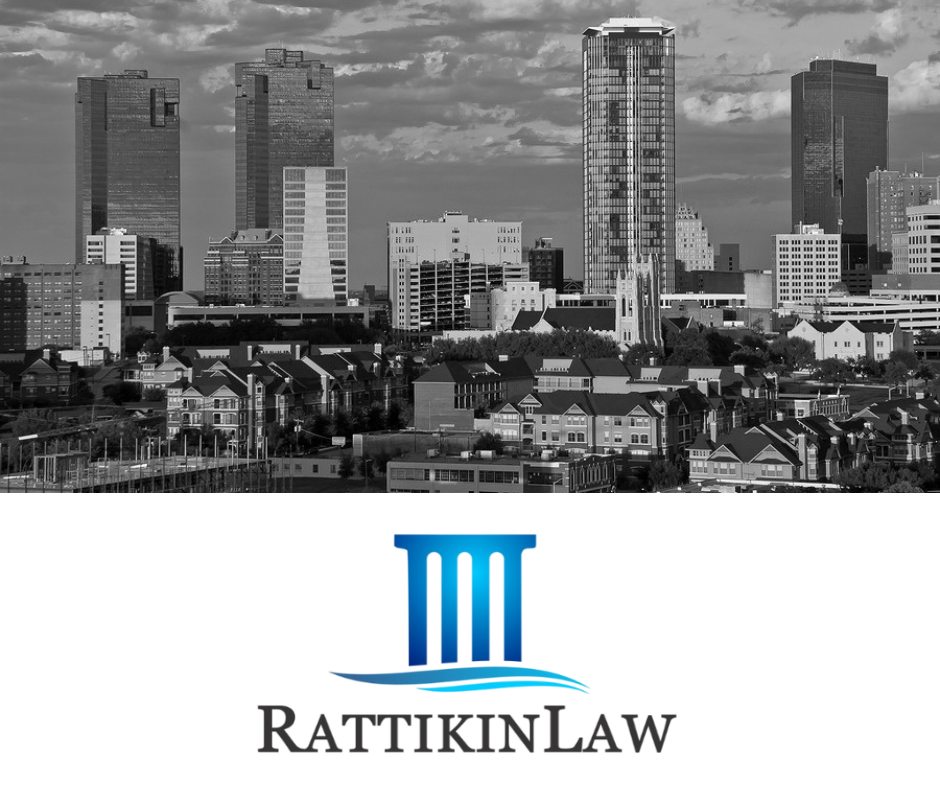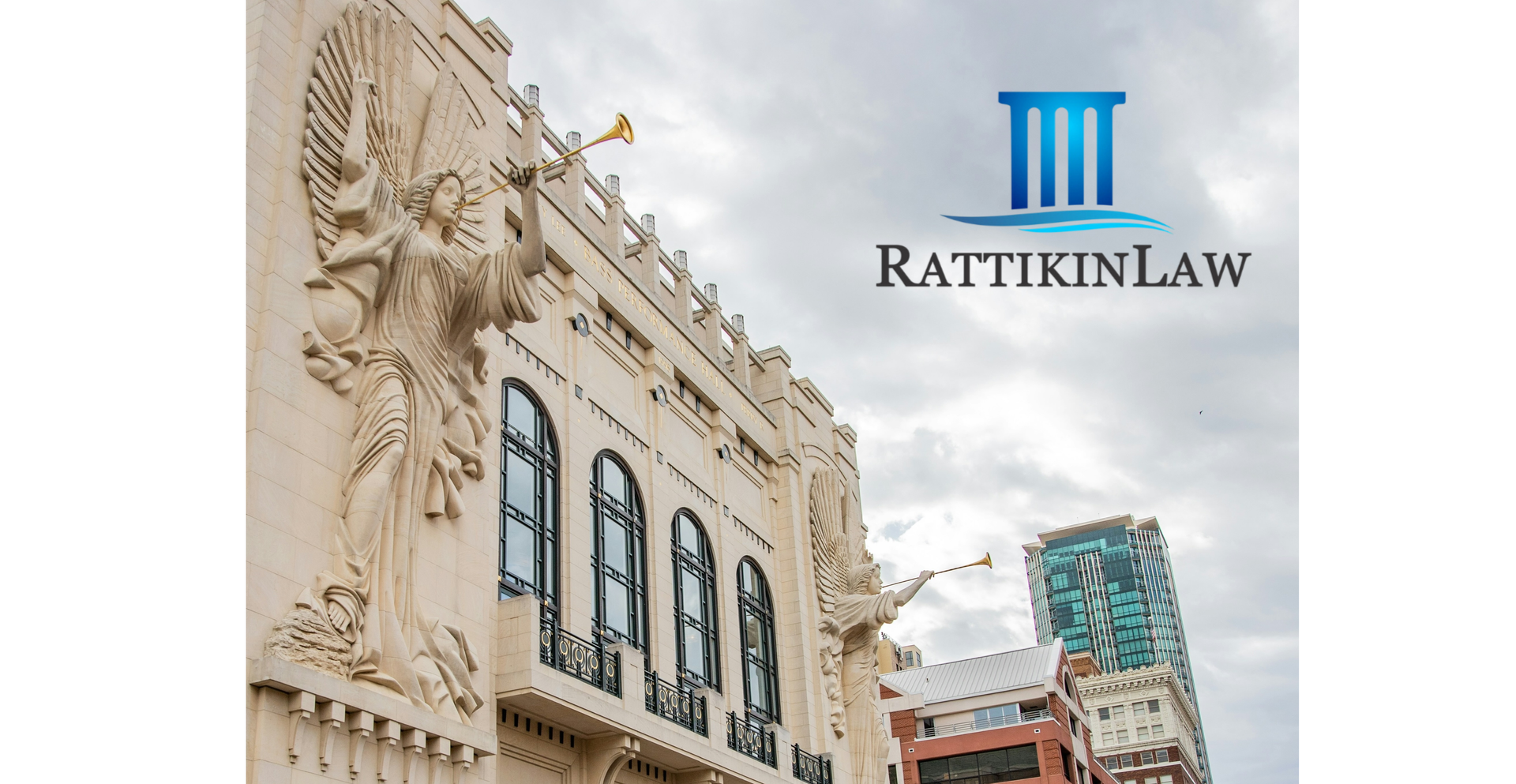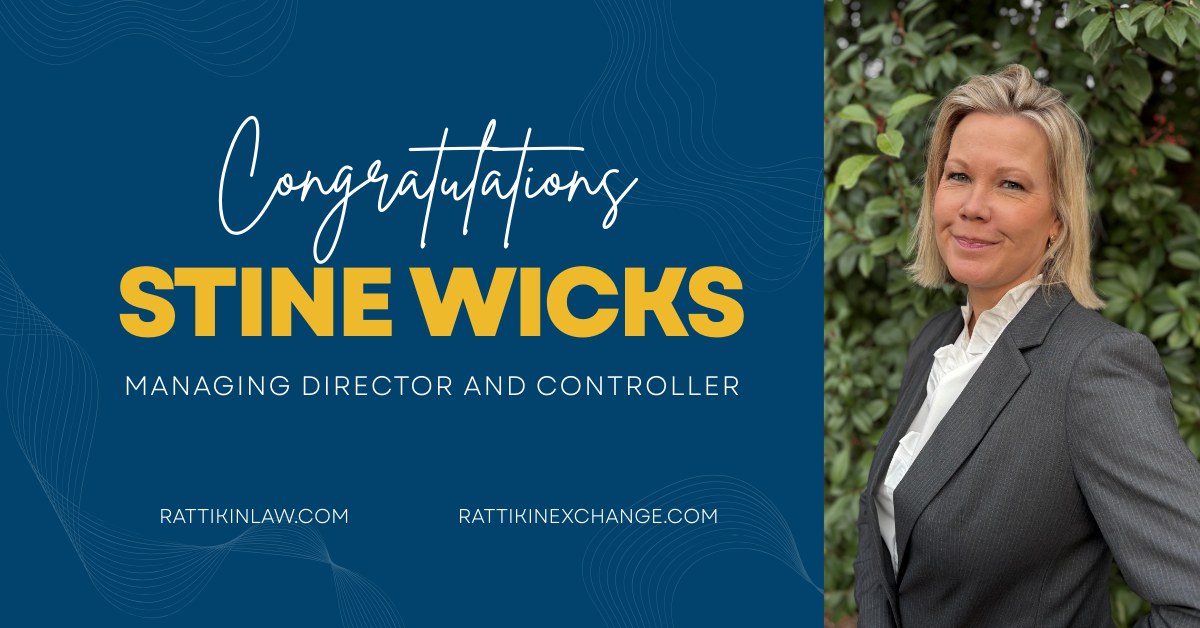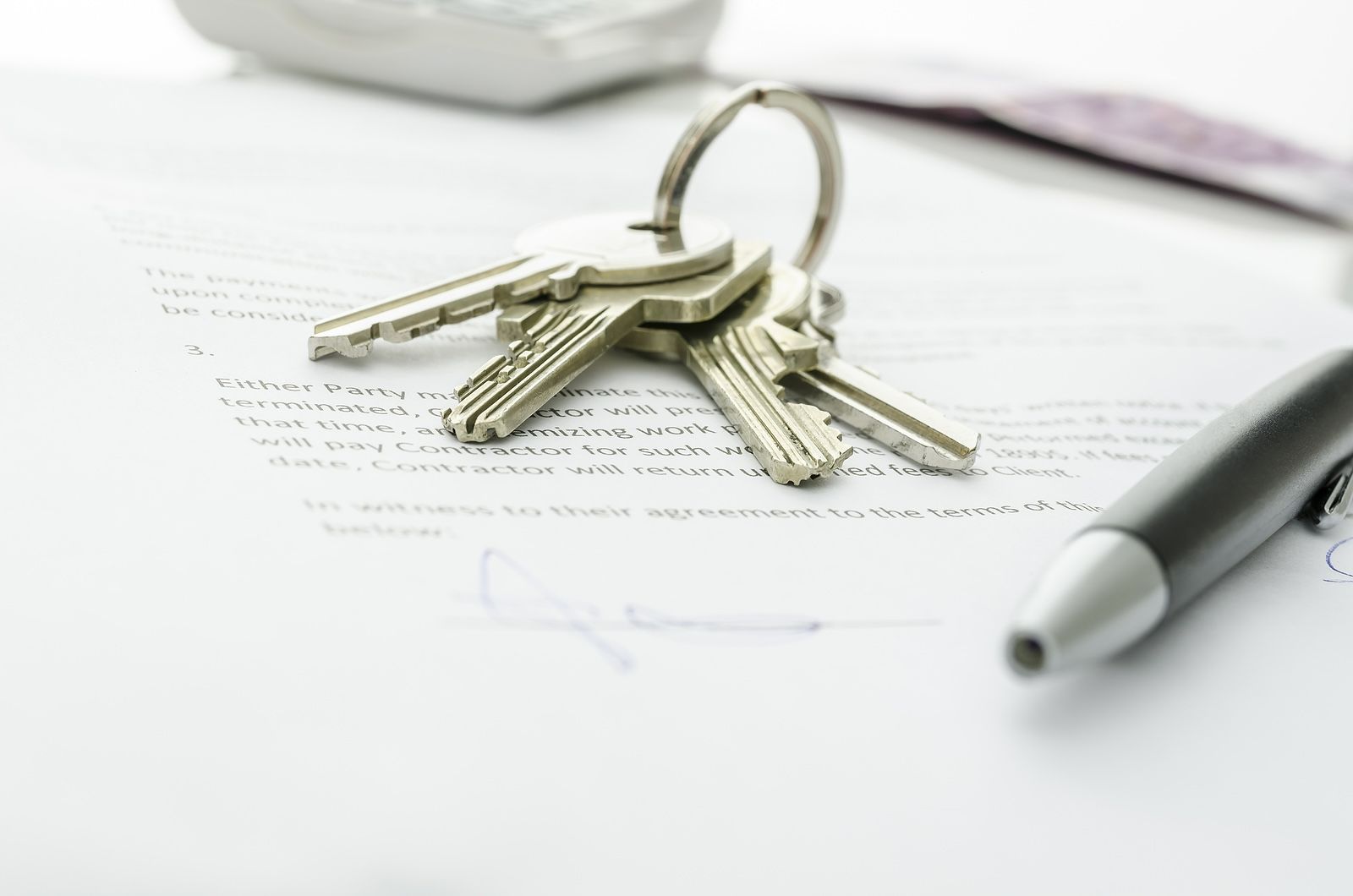Home Sales and Existing Leases: What Buyers Should Know

Some home sales involve properties already leased to tenants.

Buyers often assume the lease ends at closing -- but that’s incorrect. A valid lease, written or oral, survives the sale, and the buyer becomes the new landlord, inheriting both the rent and the landlord’s obligations.
Buyers should carefully review lease terms before closing. Key questions include:
- What is the remaining term of the lease?
- How much is rent?
- Who’s responsible for maintenance?
- Is rent prepaid?
- Are tenants current?
- Has the landlord agreed to make certain repairs?
Surprises like a year’s prepaid rent or a roof the seller promised to replace can create headaches.
TREC contract forms now include an Addendum Regarding Residential Leases, in which a Seller must not only provide a Buyer with copies of the lease(s), but also information on its terms, obligations and current status. However, unlike commercial forms requiring an “estoppel certificate” signed by the tenant, the TREC form lacks a statement directly from the tenant as to the tenant’s understanding of the agreement and status. A savvy Buyer may want to add such a requirement to Par. 11 of the Contract.
Lease-related issues can be complex. With legal help and proper due diligence, buyers can avoid costly surprises when buying tenant-occupied property. Need help? Contact Jeff Rattikin at rattikin@rattikinlaw.com.
CATEGORIES
Share this post with others:
